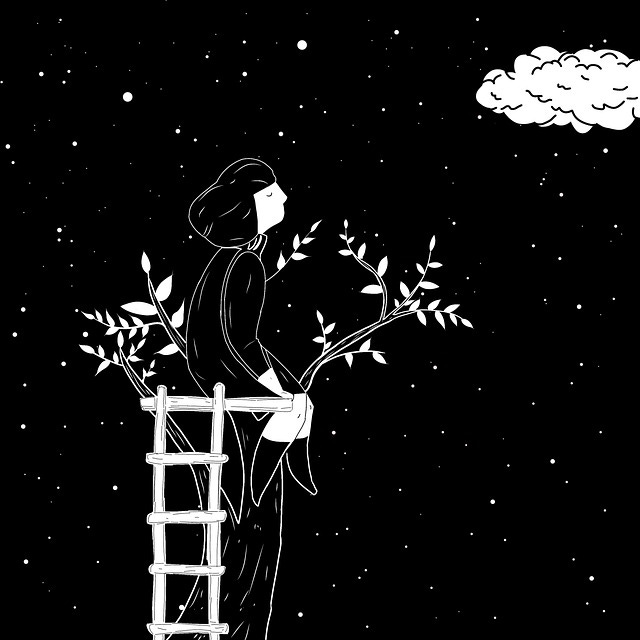You're not as bad at bouncing back as you think
Affective forecasting and impact bias
You're lying in bed, spiraling.
You’ve just declined a job offer that didn’t sit right. You know it’s the right call…but then your brain kicks in:
“What if nothing else comes along?”
“What if I regret this for months?”
“What if this was my one shot?”
You start imagining a future where you’re bitter, anxious, full of regret.
An overthinking mind makes emotional forecast, especially during intense times in life, both positive and negative.
“I will take forever to recover from this break up.”
“Moving cities will make me extremely happy (or sad).”
“Getting a promotion will keep me thrilled for months.”
Most of our predictions are extreme emotions.
So are we mostly right or wrong?
What does research say?
The studies conducted show that people are mostly right about their prediction emotion: positive or negative and the kind of emotion they’ll feel: happy, sad, calm, agitated.
But we’re bad at predicting how long and how intensely we’ll feel them.
This is known as impact bias—and it affects all of us.
Whether it’s a breakup, a failure, or even a big win—we tend to overestimate the emotional impact it’ll have on us.
We think we’ll feel miserable for months. Or euphoric for weeks. But in reality, our feelings peak quickly… and then fade.
Why this matters for overthinkers?
If you spend hours overanalyzing outcomes to avoid regret or disappointment—here’s the truth bomb:
Your emotional forecasts are faulty.
That thing you’re afraid will ruin you? You’ll probably bounce back faster than you expect.
That thing you’re banking on to finally make you happy? The glow might not last as long as you think.
But here’s the good news ⬇️
Your brain has a backup system
It’s called the psychological immune system.
Just like your body heals a wound or fights a fever, your brain has mechanisms to protect your emotional wellbeing.
Researchers have found that even people who experience serious life events—like losing a job or becoming paraplegic—often return to their emotional baseline faster than expected.
One experiment found that people who were stuck with a choice (like a piece of art they couldn’t exchange) ended up liking it more than those who could swap.
Why? Their brain stopped evaluating other options and made peace with the decision.
This isn’t toxic positivity. It’s how our minds are built—to recover, adapt, and create meaning.
So what does this mean for you?
If you’re obsessing over “What if I make the wrong choice?”...
If you’re paralyzed because “I might regret this forever”...
Remember this:
You will adapt faster than you think.
You’re more emotionally resilient than you realize.
You don’t need to wait for the perfect path—just one you’re willing to walk.
🧪 A mental tool to test your emotional forecast vs. reality
Here’s a simple experiment you can conduct to test your brain’s predictions in real life.
Write down a moderate to major decision you’re struggling with in a paper or online journal. Better yet, write a letter to your future self on futureme.org and set the delivery date few months from now.
Predict how you’ll feel if it goes well (1–10)
Predict how you’ll feel if it goes badly (1–10)
Revisit your notes in a few months after the outcome.
Compare the forecast to reality.
Chances are, you’ll notice that your highs weren’t as high—and your lows weren’t as low—or as long-lasting.
When we stop trusting our fears and start trusting our ability to adapt, we unlock a whole new kind of courage. Overthinking loses its grip when we realize: we’re more resilient than we imagine.



